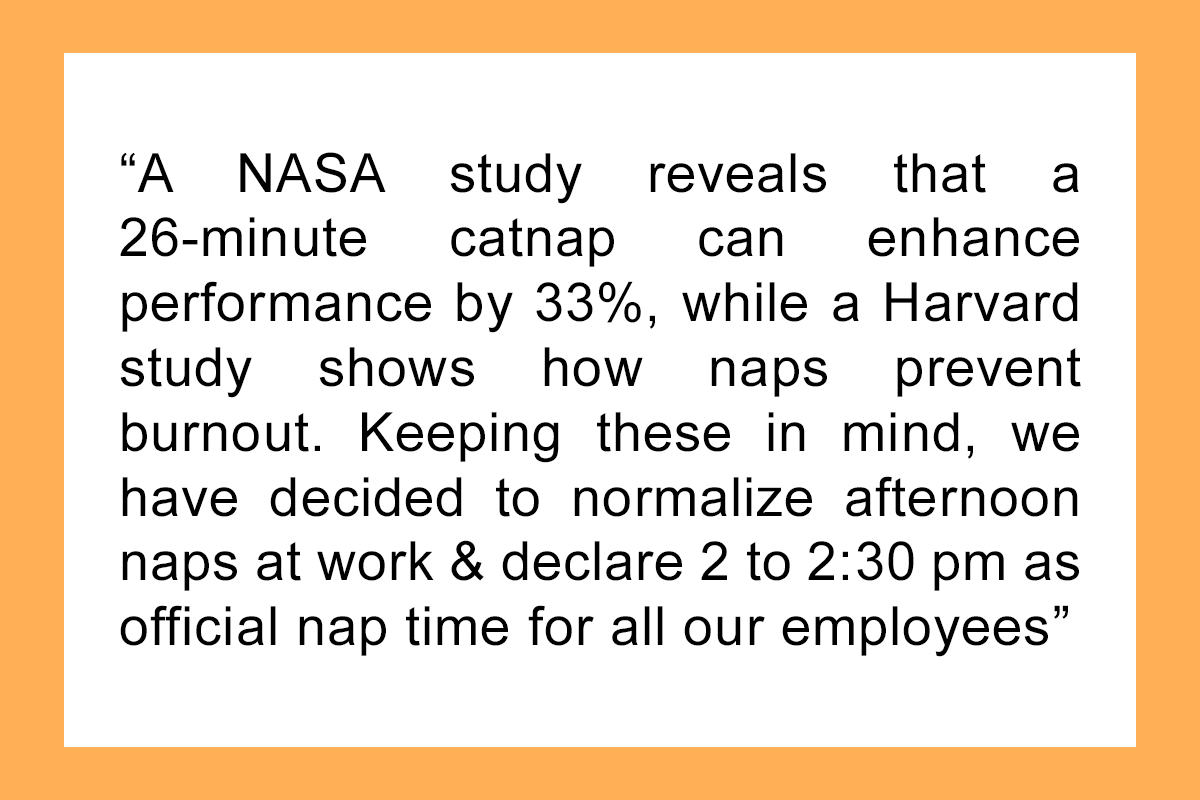
The Benefits Of Power Naps Are Being Embraced By This Company As They Implement Nap Policy For Their Employees
If you’re anything like me, going to bed at a reasonable time is a bane in life. Things always seem to come up: a new Netflix show, a friend’s birthday, or the existential thoughts heavy enough to keep your mind rattling away at night. Needless to say, it affects you throughout the day, especially if you’re supposed to be working.
The hours go on, your eyes focus on the clock for the thousandth time, cursing at the slow pace of life whilst you drink your 7th cup of coffee. You promise yourself you’ll go to bed straight after. But then, the evil cycle repeats all over, as you get that surge of energy you crave at 8pm. There is one thing that could help aid this – the afternoon nap, and companies have been taking steps to encourage their employees to sleep at work.
As always, dear Pandas, leave your thoughts below on the matter. If you enjoy what we do, upvote and follow – it means a lot to the creative pandas bringing you the stories. Now let’s get into it!
More info: Reddit
An Indian mattress company, called Wakefit, decided to take their expertise of sleep and apply it to their workers by implementing a nap policy
Image credits: cell105 (not the actual photo)
Sleeping at work has been a touchy subject for generations, the idea that you’re too lazy or unproductive if you’re not sat at the desk bashing at the keyboard for 8 hours straight paving the way for zombie-like employees. However, this company has decided to work with their people, rather than against them, and have implemented a napping policy.
A nap policy? Really? Why don’t they just pay them 5 times more, I hear you ask. Well, agree with it or not, money can’t fuel you. It can motivate you to keep going and do better, but will it replace rest, peace and quiet, after a full night of your baby crying or you binge-watching a new series? It won’t. Sure, you can say ‘well, sort your life out, then!’ but sadly, life isn’t ever linear; there are good days and bad, and I would love to have the chance to go away and nap for a little while.
And I’m sure a lot of people working for said company agree with that last statement. Wakefit is an Indian mattress manufacturing company, “in the business of sleep for over six years,” as said by Chaitanya Ramalingegowda, the co-founder. He wrote an email to his employees, announcing a new initiative that will take things “up a notch.”
Image credits: Titanusgamer
Considering research stating all the benefits of catnaps, the company decided to make 2 to 2:30 pm the official nap time
Image credits: Rich Moffitt (not the actual photo)
They wanted to do justice to an often overlooked aspect of rest – you guessed it, the afternoon nap. He explained that various research done by NASA and Harvard scientists shows the multitudes of benefits that come from napping 10-30min per day. From reducing burnout to enhancing performance, it’s an investment in the rest of the workday.
Rebecca Spencer, Professor of Psychological & Brain Sciences at the University of Massachusetts, Amherst, told Bored Panda that we nap for lots of reasons. The main one is to counter sleepiness, whether from the night before or the night to come. Others simply have a high sleep need (this is usually seen in kids), especially when recovering from illness. And sometimes, we do it just because it’s enjoyable and satisfying, whilst also giving us cognitive and emotional benefits.
Considering all of this, the company decided to block out 2 to 2:30 pm as official catnap time. “From now on, you will have the right to nap between 2 to 2:30 pm. Your calendar will be blocked during this time as official nap time,” said Chaitanya. They will also be expanding the idea to nap pods and quiet rooms for ultimate comfort and nappability. Don’t know about you, but this sounds far more comfortable than dozing off on top of a desk or under one.
Rebecca added, “in some areas of employment, you need to really think deeply, or get creative, in which case naps can help you achieve that goal. Or, maybe something terrible happened in which case increasing naps to help process emotions could be useful.” If we dive a little deeper into the studies mentioned above, there is a certain science that goes into napping and sometimes, if the recommendations aren’t followed, you can end up feeling even more groggy than you were prior to the nap.
All of the workers’ calendars are to be blocked off during that time, allowing for rest and rejuvenation
Image credits: Ashley Basil (not the actual photo)
“Napping leads to improvements in mood, alertness and performance [such as] reaction time, attention, and memory,” according to Kimberly Cote, Ph.D, professor of psychology and neuroscience at Brock University. “Longer naps will allow you to enter deeper sleep, which will contribute to the grogginess – also called sleep inertia – experienced upon awakening and disrupt nighttime sleep.”
Mayo Clinic recommends napping for only 10 to 20 minutes to get the most out of them. Take naps in the early afternoon as napping after 3 p.m. can interfere with nighttime sleep. Create a restful environment, napping in a quiet, dark place with a comfortable room temperature and few distractions. And after napping, give yourself time to wake up before resuming activities. Sounds like every point is being ticked off at Wakefit, but they’re not the first company to embrace the power nap.
Companies such as Google, Huffington Post, Cisco, Ben & Jerry’s, Facebook, Uber, and Zappos have shown a lot of positivity towards their employees napping. “We look out for our employees’ quality of life, and providing space and time for naps is just another way for us to take care of the people who work there,” says a representative from the Ben & Jerry’s based in Burlington, Vermont. And yet, it might still take quite some time before this becomes the norm, as the connotation of this activity is a negative one.
Image credits: Titanusgamer
This isn’t the first time we’ve heard of companies encouraging nap time and nap pods as such are becoming more popular
Image credits: Svoboda v práci (not the actual photo)
The Society for Human Resource Management (SHRM) notes the many and various reasons one could have to be sleeping on the job.
They ask: “Is the worker hung over because of late-night partying or a second job? Is he suffering from a medical condition such as narcolepsy or sleep apnea? Does she use prescribed drugs or undergo medical procedures that leave her tired? Is he suffering unusual stress or anxiety that makes it hard to sleep? Perhaps life events – like a newborn – mean the worker is pulling all-nighters.”
Laura Anderson, a human resources supervisor at Reno, Nev.-based EE Technologies, an electronics manufacturing company, believes that the employer should find out the reason for the person sleeping on the job and offer suggestions to help, also reminding the employee of the consequences.
“It is not the employer’s responsibility to make allowances for poor planning,” she said. “The employer is not paying for the employee to sleep. Workers should be disciplined for sleeping on the job for all cases unless they have a condition that is considered a disability that is protected by state and federal laws.”
However, Rebecca comments on the vilification of napping, stating, “I think there is a natural association of sleep and laziness. This is of course incorrect. While you see an immobile body, what you don’t see is a very busy brain. Another reason may be that many displace their own nap experiences on another person – ‘well if I nap, I will never get work done when I wake up,’ or ‘I can’t nap because I have too much to do.'”
She continues to say that “you can get good and efficient at napping if you do it frequently. You learn the sleep favoring environment and you learn to distribute your sleep pressure. Then sleep onset can be quicker and make the nap more efficient. These people that do it regularly also wake up better from naps – less groggy – with practice.”
Whilst it’s not yet common for employers to encourage sleeping at work, we hope it’ll become the norm in the future
Image credits: Karen (not the actual photo)
Restfulness and recharging can take a back seat to the perception and appearance of productivity. And quite frankly, even without any reason to be tired, it is part of the circadian rhythm that the body slows down in the afternoon, whether we want it to or not.
So is it really that bad to encourage naps in the workplace for those 5 extra emails to be sent out, especially if that means preventing burnout, added stress and anger in the employees? I guess we shall see what science has to say about it in a few years.
What do you think of this idea? Would you like to have a catnap at the office? Leave us all of your thoughts below in the comments and I shall wish you a restful and beautiful day!
Fellow Redditors have left their thoughts on the matter and we hope you’ll do the same in the comments!
An afternoon nap is one of the few pure joys in life that I, personally, cannot get enough of. Agreed?
Too bad Giant Eagle doesn't do this. I could sleep through my whole shift.
I am fortunate to have a 1 hour lunch break. I eat a quick lunch, then head to my car. Sometimes I nap for 20 minutes or so but I also just take a moment to listen to music or read. When I WFH in 2020, I did like someone else mentioned and just napped for that hour instead of lunching.
An afternoon nap is one of the few pure joys in life that I, personally, cannot get enough of. Agreed?
Too bad Giant Eagle doesn't do this. I could sleep through my whole shift.
I am fortunate to have a 1 hour lunch break. I eat a quick lunch, then head to my car. Sometimes I nap for 20 minutes or so but I also just take a moment to listen to music or read. When I WFH in 2020, I did like someone else mentioned and just napped for that hour instead of lunching.
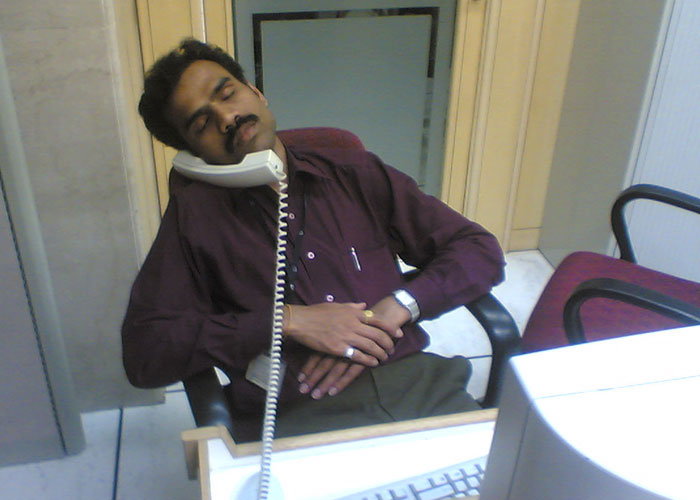
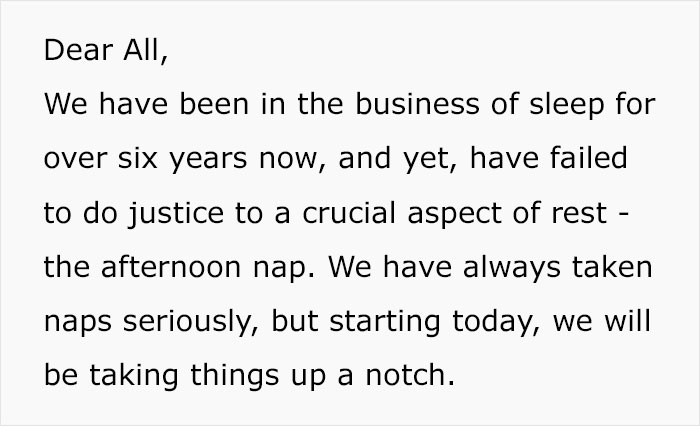
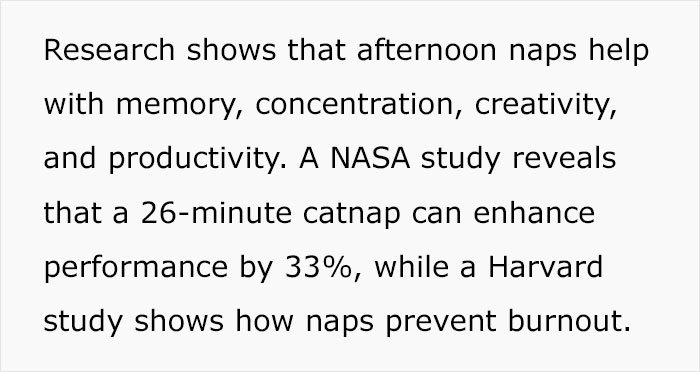
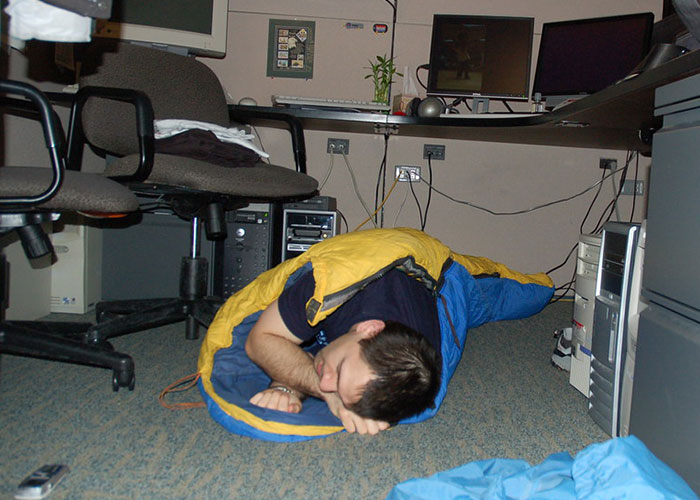

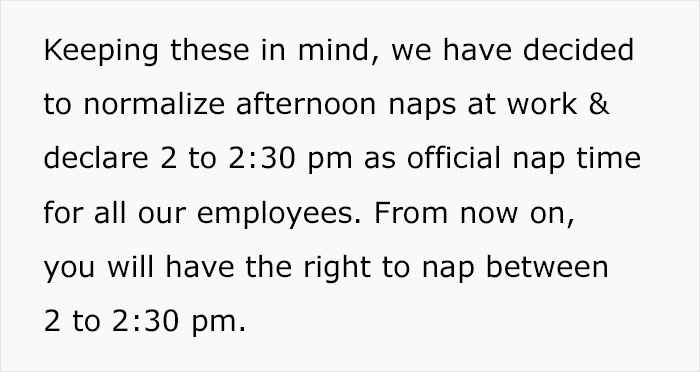
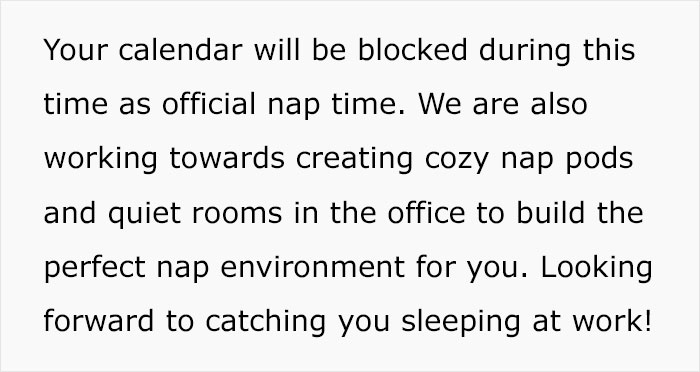
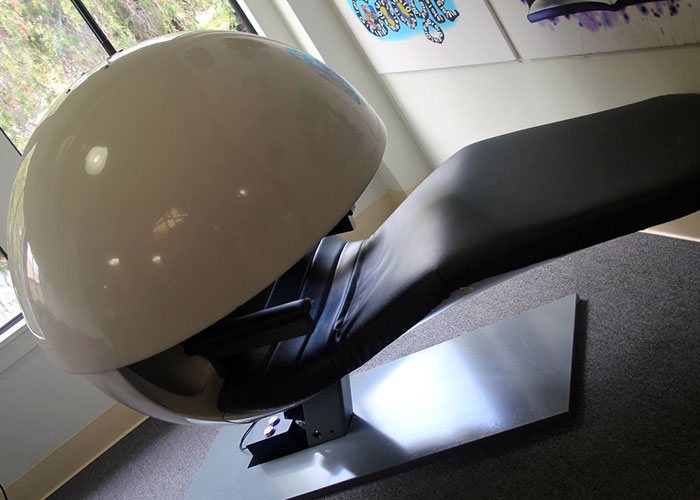
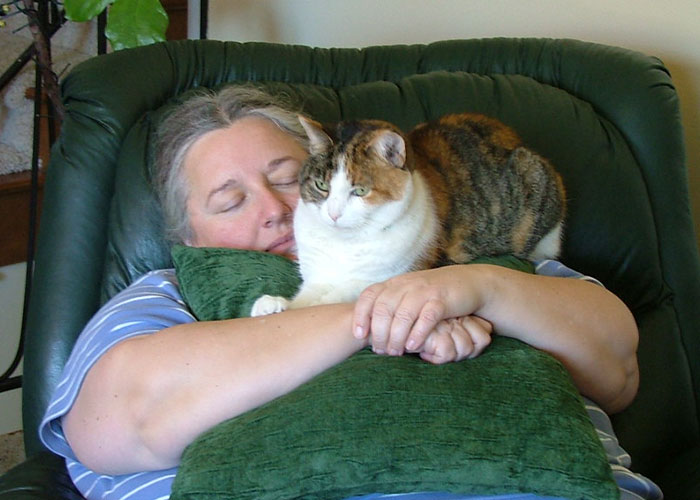
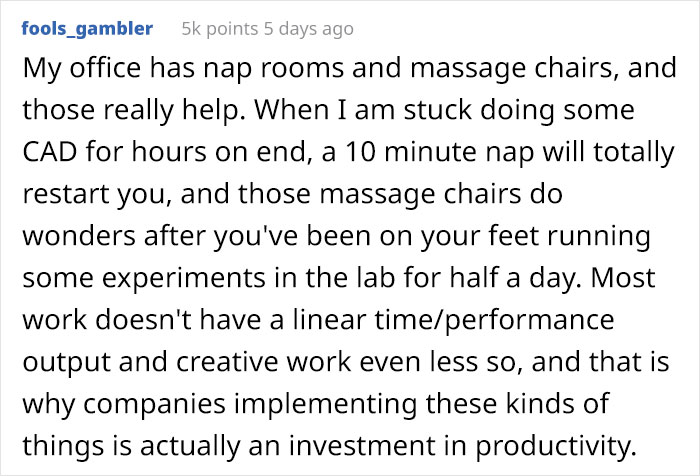






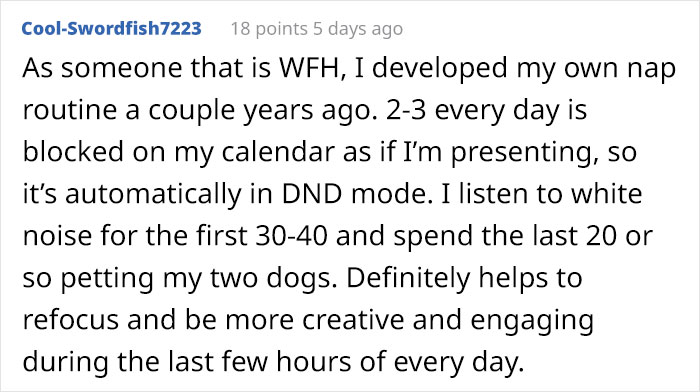






61
6